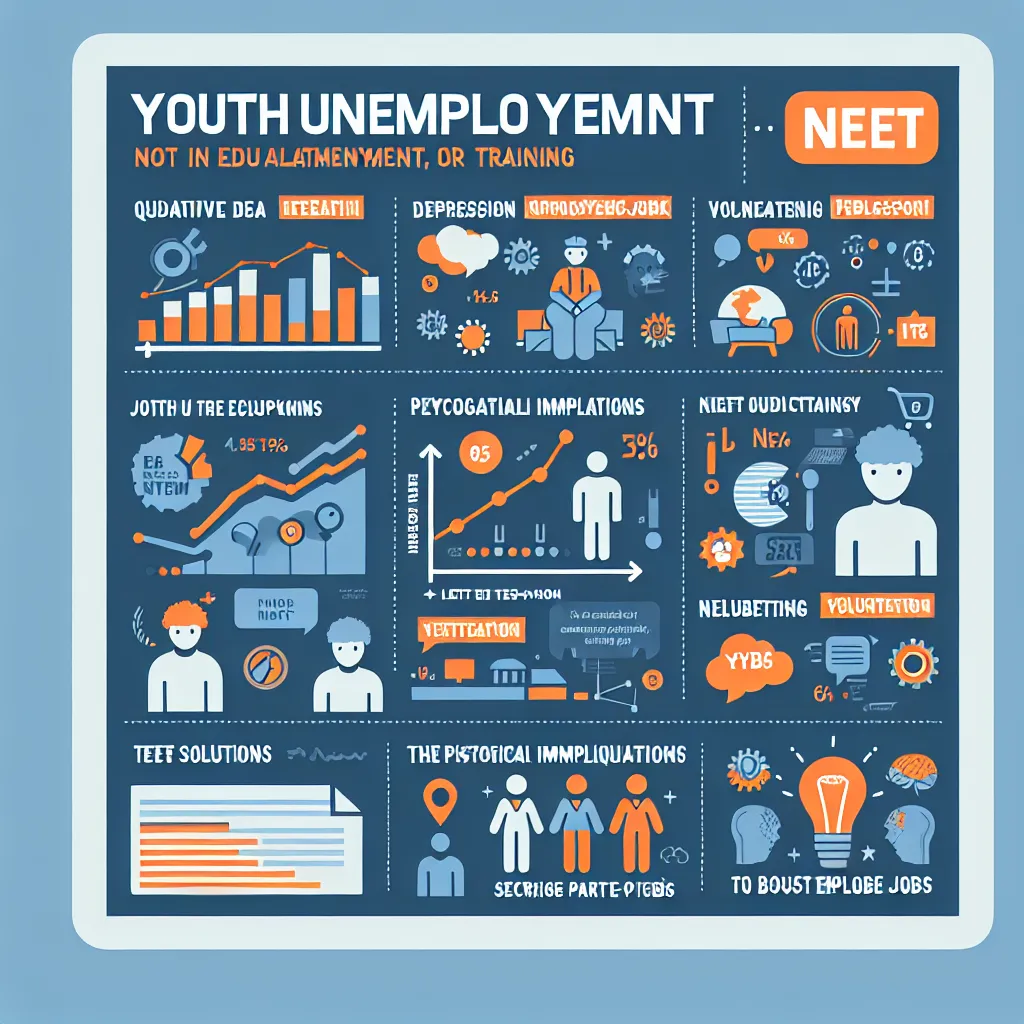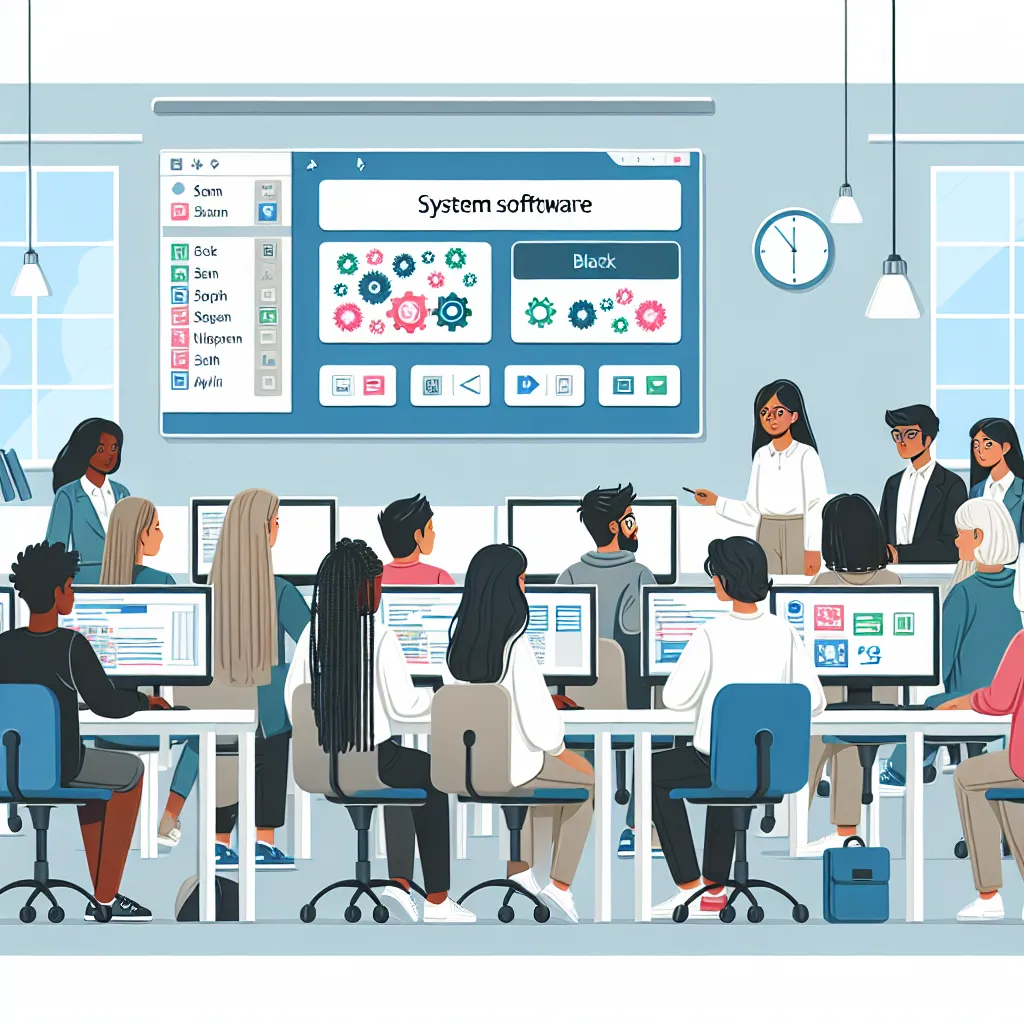Ask AI on The Internet
Question: Work readiness involves having the 'right' attitude, knowledge, and skills for the job market. Question 1Answer True False Question 2 Not yet answered Marked out of 1.00 Flag question Question text A vision for the future must be complex and difficult to memorize. Question 2Answer True False Question 3 Not yet answered Marked out of 1.00 Flag question Question text S.M.A.R.T goals are specific, measurable, achievable, relevant, and timely. Question 3Answer True False Question 4 Not yet answered Marked out of 1.00 Flag question Question text Entering the job market requires only a well-written CV and no other preparation. Question 4Answer True False Question 5 Not yet answered Marked out of 1.00 Flag question Question text It is not necessary to research a company before attending a job interview. Question 5Answer True False Question 6 Not yet answered Marked out of 1.00 Flag question Question text A work readiness programme helps individuals build confidence through role-playing and interview practice. Question 6Answer True False Question 7 Not yet answered Marked out of 1.00 Flag question Question text Setting long-term goals involves planning for achievements within the next few days or weeks. Question 7Answer True False Question 8 Not yet answered Marked out of 1.00 Flag question Question text One of the most important aspects of workplace readiness is the ability to function and communicate in an adult environment. Question 8Answer True False Question 9 Not yet answered Marked out of 1.00 Flag question Question text Job searching is a passive activity where the right job will find you if you wait long enough. Question 9Answer True False Question 10 Not yet answered Marked out of 1.00 Flag question Question text Using online job portals is one of the most common ways to search for jobs in South Africa. Question 10Answer True False Question 11 Not yet answered Marked out of 1.00 Flag question Question text Most employers hire people primarily through job advertisements. Question 11Answer True False Question 12 Not yet answered Marked out of 1.00 Flag question Question text Networking remains one of the most effective methods for finding jobs in South Africa. Question 12Answer True False Question 13 Not yet answered Marked out of 1.00 Flag question Question text Cold calling or emailing companies can be an effective way to inquire about potential job openings. Question 13Answer True False Question 14 Not yet answered Marked out of 1.00 Flag question Question text Networking is an important tool for job searching because it helps you connect with people who may provide job leads. Question 14Answer True False Question 15 Not yet answered Marked out of 1.00 Flag question Question text You should promote yourself discreetly and avoid telling people that you are looking for a job. Question 15Answer True False Question 16 Not yet answered Marked out of 1.00 Flag question Question text When networking, it is better to sound positive and enthusiastic about new opportunities. Question 16Answer True False Question 17 Not yet answered Marked out of 1.00 Flag question Question text When networking, it is better to sound positive and enthusiastic about new opportunities. Question 17Answer True False Question 18 Not yet answered Marked out of 1.00 Flag question Question text It is not necessary to follow up after a networking call or lead. Question 18Answer True False Question 19 Not yet answered Marked out of 1.00 Flag question Question text Volunteering is an effective way to build your reputation and expand your network. Question 19Answer True False Question 20 Not yet answered Marked out of 1.00 Flag question Question text It is a good idea to set up a professional-looking LinkedIn profile and manage your privacy settings on other social media platforms before applying for jobs. Question 20Answer True False Question 21 Not yet answered Marked out of 1.00 Flag question Question text You should avoid preparing questions for the interviewer, as it may show that you are unsure about the company. Question 21Answer True False Employers only care about your skills and not whether you fit into the company culture. Question 22Answer True False Question 23 Not yet answered Marked out of 1.00 Flag question Question text Practicing your interview techniques can help you improve your responses and body language. Question 23Answer True False Question 24 Not yet answered Marked out of 1.00 Flag question Question text It is a good idea to arrive 10-15 minutes early for an interview to show eagerness and professionalism. Question 24Answer True False Question 25 Not yet answered Marked out of 1.00 Flag question Question text You should always use slang during your interview to appear more casual and relatable. Question 25Answer True False Question 26 Not yet answered Marked out of 1.00 Flag question Question text If you don’t understand a question during the interview, it is acceptable to ask the interviewer for clarification. Question 26Answer True False Question 27 Not yet answered Marked out of 1.00 Flag question Question text It is important to research the company and job position before attending the interview. Question 27Answer True False Question 28 Not yet answered Marked out of 1.00 Flag question Question text You should avoid asking the interviewer any questions to avoid seeming too eager. Question 28Answer True False Question 29 Not yet answered Marked out of 1.00 Flag question Question text Integrity, trust, and responsibility are key principles that govern ethical conduct in the workplace. Question 29Answer True False Question 30 Not yet answered Marked out of 1.00 Flag question Question text Being dependable is not a significant concern for employers today. Question 30Answer True False Question 31 Not yet answered Marked out of 1.00 Flag question Question text Building character in the workplace includes honesty, respect, and fairness. Question 31Answer True False Question 32 Not yet answered Marked out of 1.00 Flag question Question text It is acceptable to break rules if others are doing the same. Question 32Answer True False Question 33 Not yet answered Marked out of 1.00 Flag question Question text Caring for others and expressing gratitude is part of developing good workplace ethics. Question 33Answer True False Question 34 Not yet answered Marked out of 1.00 Flag question Question text Emotional intelligence is a critical leadership skill that helps leaders manage both their own emotions and those of their team members. Question 34Answer True False Question 35 Not yet answered Marked out of 1.00 Flag question Question text Effective leaders avoid delegating tasks and prefer to complete all tasks themselves. Question 35Answer True False Question 36 Not yet answered Marked out of 1.00 Flag question Question text Good decision-making in leadership involves only making decisions quickly without considering different options. Question 36Answer True False Question 37 Not yet answered Marked out of 1.00 Flag question Question text Leaders should celebrate both individual and team achievements to maintain team morale and motivation. Question 37Answer True False Question 38 Not yet answered Marked out of 1.00 Flag question Question text Being adaptable and flexible allows leaders to effectively navigate changing environments and team dynamics. Question 38Answer True False Question 39 Not yet answered Marked out of 1.00 Flag question Question text Time management means controlling time, not managing yourself. Question 39Answer True False Question 40 Not yet answered Marked out of 1.00 Flag question Question text One of the main benefits of good time management is that it reduces stress and anxiety. Question 40Answer True False Question 41 Not yet answered Marked out of 1.00 Flag question Question text Setting priorities is not important when managing time efficiently. Question 41Answer True False Question 42 Not yet answered Marked out of 1.00 Flag question Question text Writing down your goals and plans is a helpful way to organize your time. Question 42Answer True False
Here are the answers to each of the provided questions: 1. **True** – Work readiness does involve having the 'right' attitude, knowledge, and skills for the job market. 2. **False** – A vision for the future should be clear and memorable, not complex and difficult to memorize. 3. **True** – S.M.A.R.T goals are specific, measurable, achievable, relevant, and timely. 4. **False** – Entering the job market requires more than just a well-written CV; other preparations such as interview skills and networking are necessary. 5. **False** – It is necessary to research a company before attending a job interview. 6. **True** – A work readiness programme helps individuals build confidence through role-playing and interview practice. 7. **False** – Setting long-term goals involves planning for achievements over months or years, not just the next few days or weeks. 8. **True** – One of the most important aspects of workplace readiness is the ability to function and communicate in an adult environment. 9. **False** – Job searching is an active process where you must actively look for opportunities. 10. **True** – Using online job portals is one of the most common ways to search for jobs in South Africa. 11. **False** – While job advertisements are important, networking and referrals can also be significant sources for employers. 12. **True** – Networking remains one of the most effective methods for finding jobs in South Africa. 13. **True** – Cold calling or emailing companies can be an effective way to inquire about potential job openings. 14. **True** – Networking is an important tool for job searching because it helps you connect with people who may provide job leads. 15. **False** – Promoting yourself is important; you should let people know you are looking for a job. 16. **True** – When networking, it is better to sound positive and enthusiastic about new opportunities. 17. **True** – When networking, it is better to sound positive and enthusiastic about new opportunities. 18. **False** – It is necessary to follow up after a networking call or lead. 19. **True** – Volunteering is an effective way to build your reputation and expand your network. 20. **True** – It is a good idea to set up a professional-looking LinkedIn profile and manage your privacy settings on other social media platforms before applying for jobs. 21. **False** – You should prepare questions for the interviewer; it shows interest in the company and the role. 22. **False** – Employers care about both your skills and whether you fit into the company culture. 23. **True** – Practicing interview techniques can help you improve your responses and body language. 24. **True** – It is a good idea to arrive 10-15 minutes early for an interview to show eagerness and professionalism. 25. **False** – You should avoid using slang during your interview to maintain professionalism. 26. **True** – If you don’t understand a question during the interview, it is acceptable to ask the interviewer for clarification. 27. **True** – It is important to research the company and job position before attending the interview. 28. **False** – You should ask the interviewer questions; it shows you are engaged and interested. 29. **True** – Integrity, trust, and responsibility are key principles that govern ethical conduct in the workplace. 30. **False** – Being dependable is a significant concern for employers today. 31. **True** – Building character in the workplace includes honesty, respect, and fairness. 32. **False** – It is not acceptable to break rules even if others are doing the same. 33. **True** – Caring for others and expressing gratitude is part of developing good workplace ethics. 34. **True** – Emotional intelligence is a critical leadership skill that helps leaders manage both their own emotions and those of their team members. 35. **False** – Effective leaders delegate tasks and do not complete all tasks themselves. 36. **False** – Good decision-making involves considering different options before making decisions. 37. **True** – Leaders should celebrate both individual and team achievements to maintain team morale and motivation. 38. **True** – Being adaptable and flexible allows leaders to effectively navigate changing environments and team dynamics. 39. **False** – Time management involves managing yourself and your tasks, not just controlling time. 40. **True** – One of the main benefits of good time management is that it reduces stress and anxiety. 41. **False** – Setting priorities is very important when managing time efficiently. 42. **True** – Writing down your goals and plans is a helpful way to organize your time.
Think your answer is better than the AI's? Post it below.
Other Most Relevant Posts:
 Sure! Below are the shortened titles for each question:
12. Knowledge, skills, and values at the end of a lesson.
13. B. Information
14. Disk drives
15. Many viruses generated by chance
16. Anno
Sure! Below are the shortened titles for each question:
12. Knowledge, skills, and values at the end of a lesson.
13. B. Information
14. Disk drives
15. Many viruses generated by chance
16. Anno
Question Tags
If you want your question answered by an AI, click here.






Post your own comment: